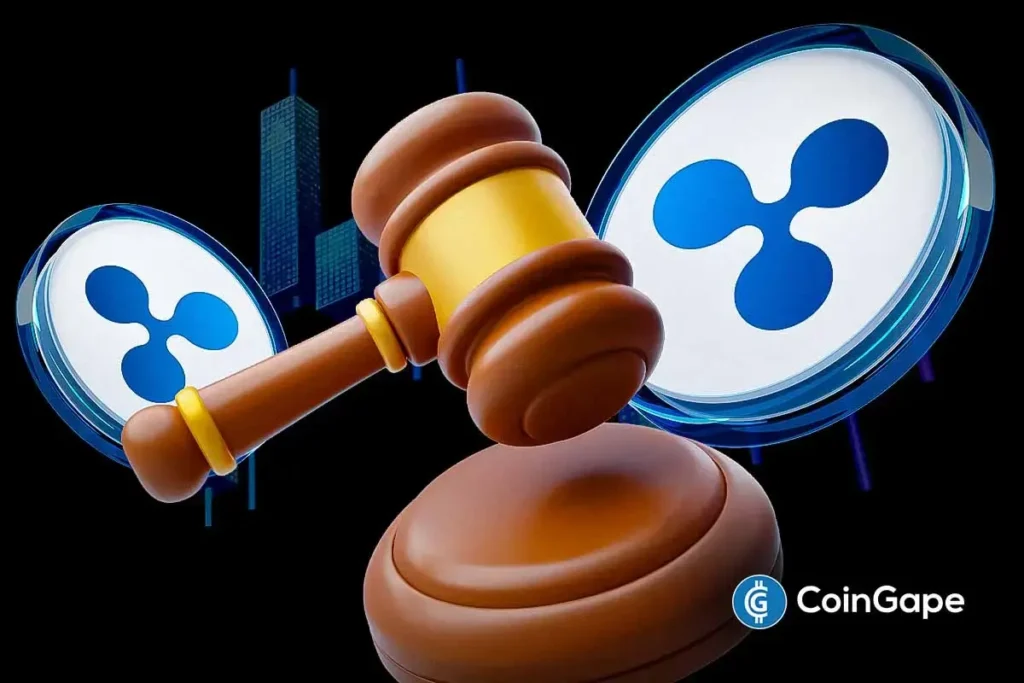The Ripple vs SEC Case: Understanding the Current Status of XRP Lawsuit
The XRP lawsuit has been a focal point of the cryptocurrency world for an extended period. Recently, amidst celebrations from the XRP community regarding a reported settlement, it’s essential to clarify that the legal battle between Ripple and the U.S. Securities and Exchange Commission (SEC) is not yet over. Legal expert Marc Fagel, a former SEC attorney, emphasizes the ongoing nature of the case, indicating that a complete resolution hinges on the SEC’s decision to withdraw its appeal.
What Lies Ahead for the XRP Lawsuit?
Though Ripple recently withdrew its cross-appeal against the SEC, Marc Fagel has expressed caution, suggesting that the lawsuit remains officially unresolved until the SEC opts to drop its appeal. This statement raises critical questions regarding the SEC’s initial settlement vote. XRP lawyer Bill Morgan has queried whether the existing vote entailed the authority to drop the appeal, particularly since the settlement agreement was conditional, with specific requirements yet to be satisfied. Fagel acknowledged the complexity of the situation, stating that the SEC’s authorization for a settlement does not equate to a decision to terminate the case entirely. More clarity on the SEC’s voting intentions is crucial for determining the lawsuit’s ultimate fate.
The SEC’s Vote: Clarity Needed
The ambiguity surrounding what exactly the SEC voted on adds layers of uncertainty to the situation. Fagel’s perspective that dropping the case constitutes a different legal action from authorizing a settlement highlights that legal intricacies can shape the outcome. Given that the SEC is typically meticulous in their legal proceedings, it may be unusual for them to simultaneously approve two potentially conflicting actions. The XRP community hopes for clarity soon, but legal experts suggest it is vital to understand the implications of each procedural step taken by the SEC.
Reactions to the Alleged Settlement
As the news of a potential settlement spread, many in the XRP community celebrated what they perceived as a pivotal victory for Ripple. However, some legal experts and market commentators issued cautions, suggesting that settling may imply an admission of fault on Ripple’s part. Bill Morgan countered these concerns by asserting that settlements do not typically convey liability or wrongdoing. Most settlements are executed without such admissions, thereby maintaining Ripple’s assertion that its sales were not investment contracts.
What Does This Mean for XRP’s Classification?
One of the takeaways from the XRP ruling is the classification of XRP as a non-security. However, this point has been the subject of varied interpretations. Morgan contends that the real legal victory for Ripple lies not in the ruling that "XRP = NOT security for retail use" but rather in a more holistic view that XRP, irrespective of sales context, is inherently a commodity. This distinction is crucial for the cryptocurrency market as it shapes perceptions and legal frameworks around digital assets.
The Bigger Picture Amidst Legal Uncertainty
The case highlights underlying tensions between regulatory authorities and innovative blockchain technologies. While Ripple’s community may feel victorious, the intricacies of the law mean that the SEC’s intentions and decisions will continue to shape market dynamics significantly. The legal landscape surrounding cryptocurrencies and blockchain technology is ever-evolving, prompting stakeholders to stay vigilant.
Conclusion: What’s Next for XRP?
The XRP lawsuit is still unfolding, and stakeholders must maintain a keen awareness of its developments. With Marc Fagel’s insights emphasizing the possibility of continued legal discourse, the cryptocurrency ecosystem should anticipate further ramifications from the Ripple vs. SEC case. Staying informed will be crucial as the SEC’s decisions and actions will have lasting implications on the regulatory landscape for cryptocurrencies, potentially influencing how digital assets are classified and governed in the future.
This ongoing legal battle serves as a reminder of the complexities intertwined with cryptocurrency regulatory frameworks, leaving many in the community wondering about the future of XRP and similar digital assets.


